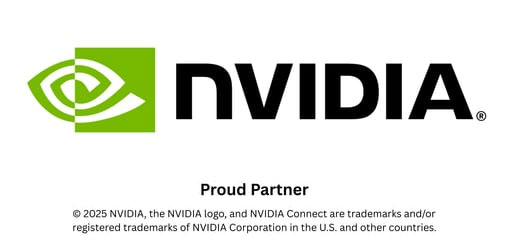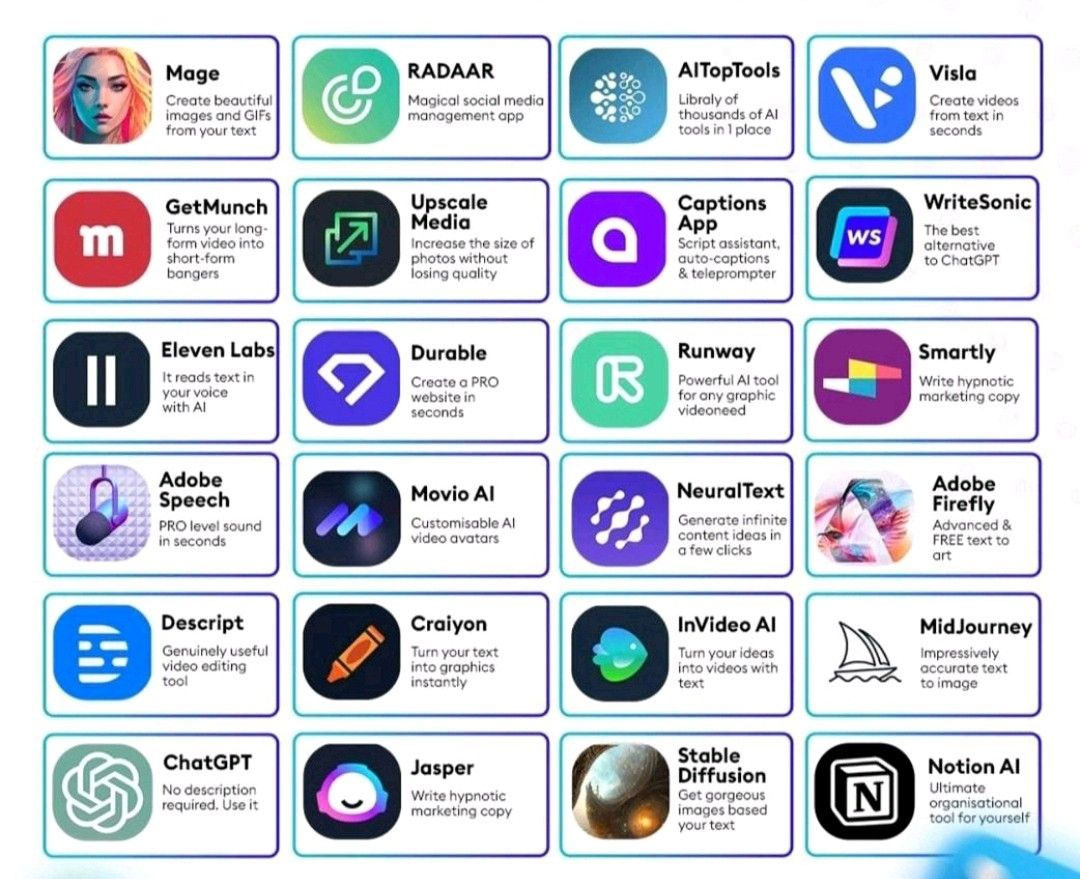The marketing landscape is undergoing a seismic shift, driven by the integration of artificial intelligence. From hyper-personalised customer experiences to predictive analytics, AI is not just a tool but a transformative force reshaping brand strategies.
Let’s delve into how AI is revolutionising marketing and what it means for brands aiming to stay ahead in this dynamic environment.
Hyper-Personalisation at Scale
AI enables brands to deliver personalised experiences to consumers on an unprecedented scale. By analysing vast amounts of data, AI can identify patterns and preferences, allowing for tailored content and recommendations.
For instance, Yum Brands, the parent company of Taco Bell and KFC, has leveraged AI to personalise email campaigns based on factors like time and day, resulting in increased customer engagement and reduced churn. WSJ

Predictive Analytics for Proactive Engagement
Predictive analytics powered by AI allows brands to anticipate customer behaviour and needs. By forecasting trends and potential issues, companies can proactively address customer concerns and tailor their offerings. Tinuiti
Delta Air Lines utilised AI to attribute $30 million in sales to its Olympic sponsorship by predicting customer responses and optimising ad performance. Business Insider
Generative AI for Content Creation
Generative AI tools are transforming content creation by producing high-quality, on-brand content efficiently. These tools can generate text, images and even videos, enabling brands to maintain a consistent voice across channels.
Omneky, an AI company, uses machine learning to generate and test different ad creatives, streamlining the process of launching and optimising omnichannel advertising campaigns.
Answer Engine Optimisation (AEO)
Immersive Experiences through AI
Ethical Considerations and Data Privacy
As AI becomes more integrated into marketing strategies, ethical considerations and data privacy concerns come to the forefront. Brands must ensure transparency in how they collect and use consumer data, maintaining trust and complying with regulations.
Implementing AI responsibly involves balancing personalisation with respect for user privacy, requiring clear communication and ethical data practices.
The Future of Brand Strategy
AI is not just enhancing existing marketing practices; it’s redefining them. Brands that embrace AI’s capabilities can expect to see increased efficiency, deeper customer insights, and more impactful campaigns. However, success depends on integrating AI thoughtfully, with a focus on ethical considerations and a commitment to delivering genuine value to consumers.
In conclusion, AI-powered marketing is transforming how brands connect with consumers, offering opportunities for innovation and growth. By leveraging AI’s capabilities responsibly and strategically, brands can stay ahead in an increasingly competitive and dynamic marketplace.
North Atlantic
Victor A. Lausas
Chief Executive Officer






